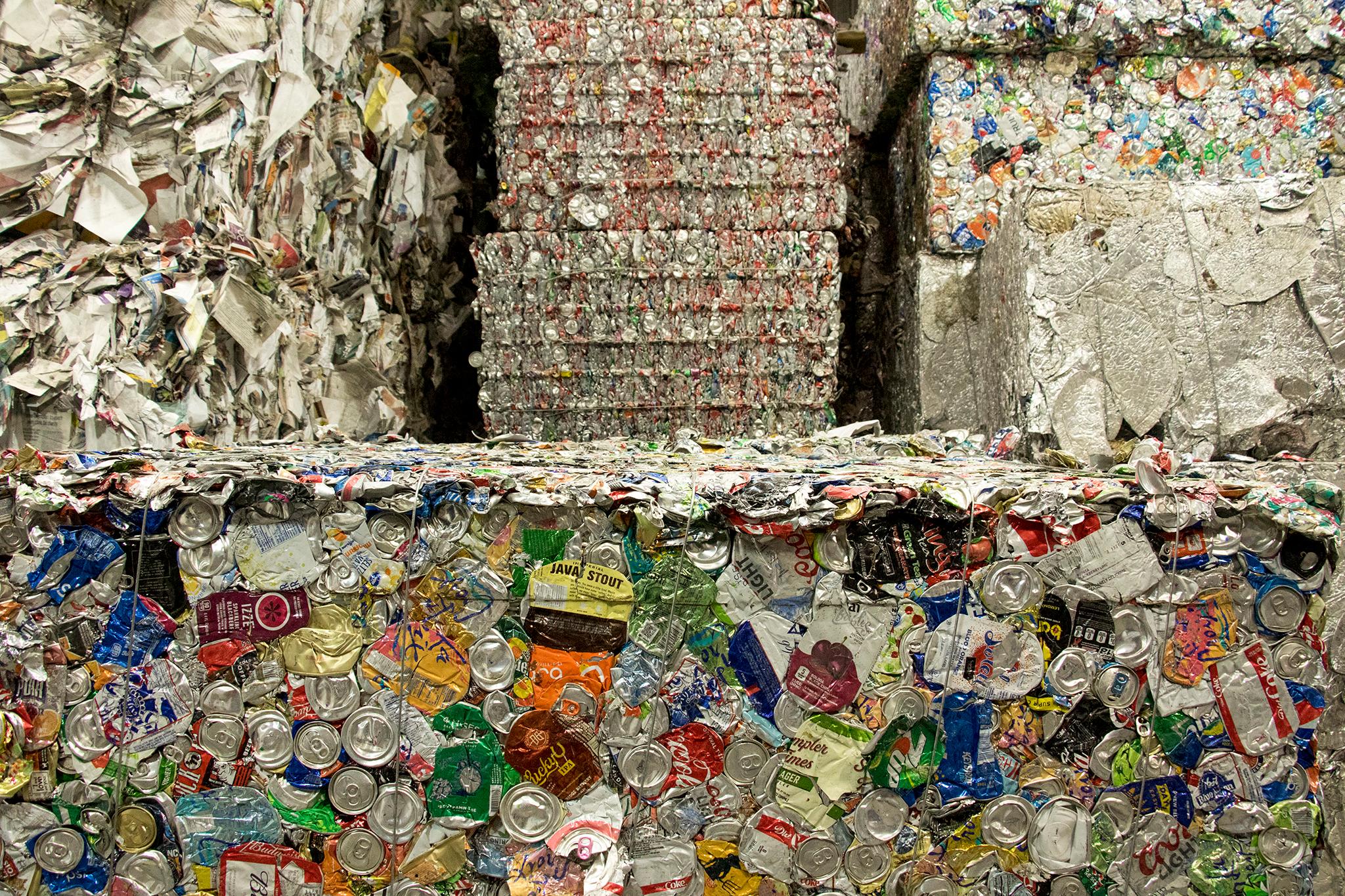Denver climate activists are proposing a new ballot initiative to keep far more of the city's waste out of landfills.
The plan, dubbed "Waste No More," would require all businesses -- apartments, condos, restaurants, hospitals, hotels and sporting arenas, to name a few of many -- to provide compost and recycling pickup services. State law prohibits the city from collecting compost and recycling at large apartment buildings and commercial properties.
"That's a big gap right now," said Kate Bailey, policy director at Eco-Cycle, a Boulder-based nonprofit aimed at reducing waste. "The city of Denver does a great job providing recycling to single-family homes, but multifamily properties are not serviced by the city, and so there's a real lack of recycling services on multifamily properties."
Construction companies would also face new rules for disposing of materials like concrete, metal and wood in a more environmentally-friendly way.
Food and cement comprise 89 percent of the city's solid waste, which contributes to harmful greenhouse gasses, according to a 2020 report by Denver's Climate Action Task Force.
"I think that any resident of Denver could see this as really a no-brainer," said climate activist Ean Tafoya, who on Tuesday submitted the proposal, which Eco-Cycle helped construct, to the city government. Tafoya, along with Brandon Rietheimer, submitted a separate carbon tax proposal to the City Attorney's Office on the same day.
Drew Hamrick, vice president of government affairs for the Apartment Association of Metro Denver, whose members would have to pay private haulers under the new setup, said his organization is not "an enemy of recycling." But he also questioned the logistics of getting dozens or hundreds of different households in one building to recycle and compost efficiently when "recycled materials going into the recycling bin with a plastic trash bag around it is enough to jack up the system."
Hamrick also said the cost isn't worth it.
"If you're paying someone to pick it up, it's trash," Hamrick said.
The Denver Department of Transportation and Infrastructure would enforce the change, according to the draft language, and establish penalties such as fines or loss of licenses. Neither DOTI nor the mayor's office commented on the initiative, which must get about 9,000 signatures before making it to the November 2021 ballot.
If voters pass Waste No More, the changes will begin for businesses beginning in June 2023, 2024 or 2025, depending on the size of the operation.
The activists hope the initiative will improve Colorado's dismal recycling record. In 2019, Colorado managed to keep 15.9 percent of its waste out of landfills, according to data from the Colorado Department of Public Health and the Environment. That number fell well below the national average (35 percent) and state targets (28 percent by 2021).
"Colorado, as a state, is terrible at recycling," said Bailey. "We have one of the worst recycling rates in the country. So moving Denver, our largest city, forward is really a huge way to move recycling forward across the state."
Bailey added Boulder shows the promise of the Denver ballot initiative. The smaller city passed a similar zero waste ordinance in 2015. Three years later, it's diversion rate jumped from 39 to 57 percent.
Mayor Michael Hancock put his long-discussed -- but not implemented -- citywide composting program on hold last year, citing the pandemic.
This article has been corrected to reflect that the diversion rate went from 39 percent (not 29) to 57 percent.













